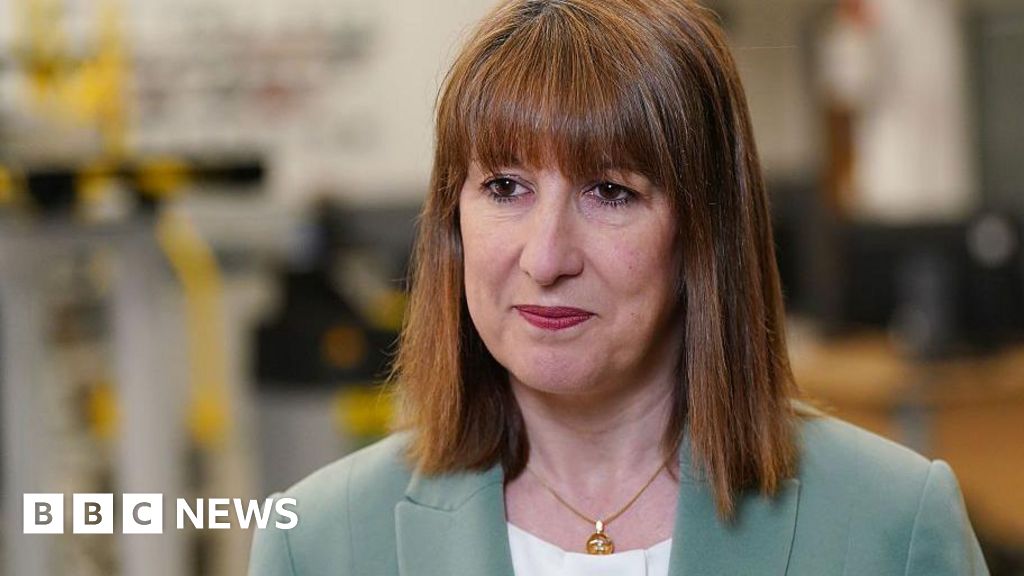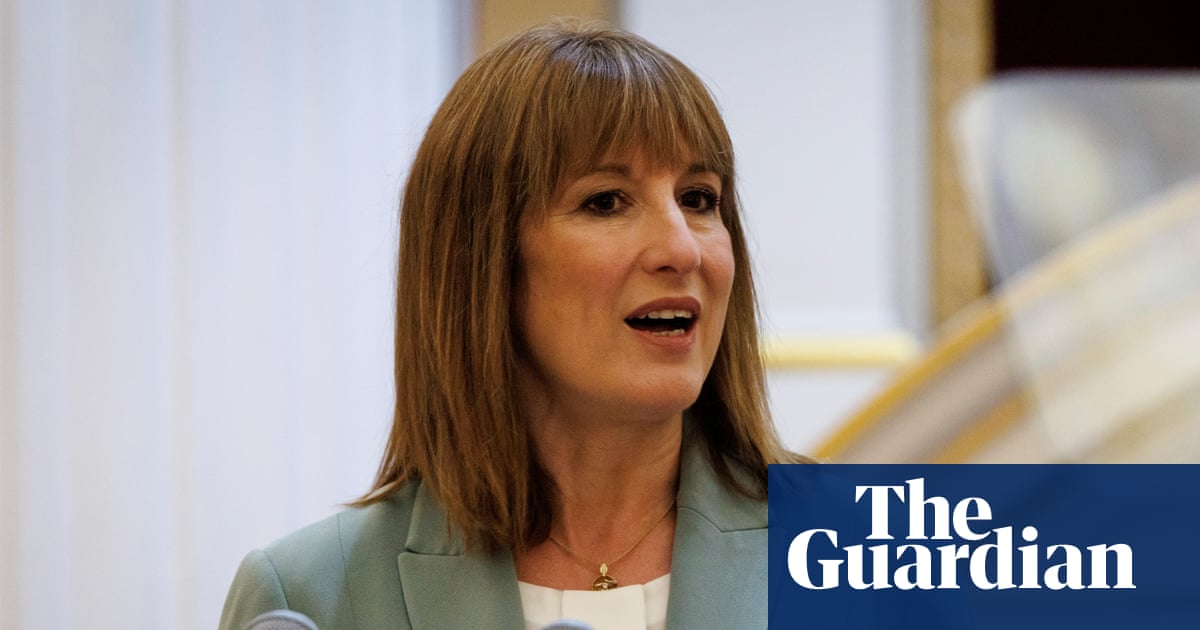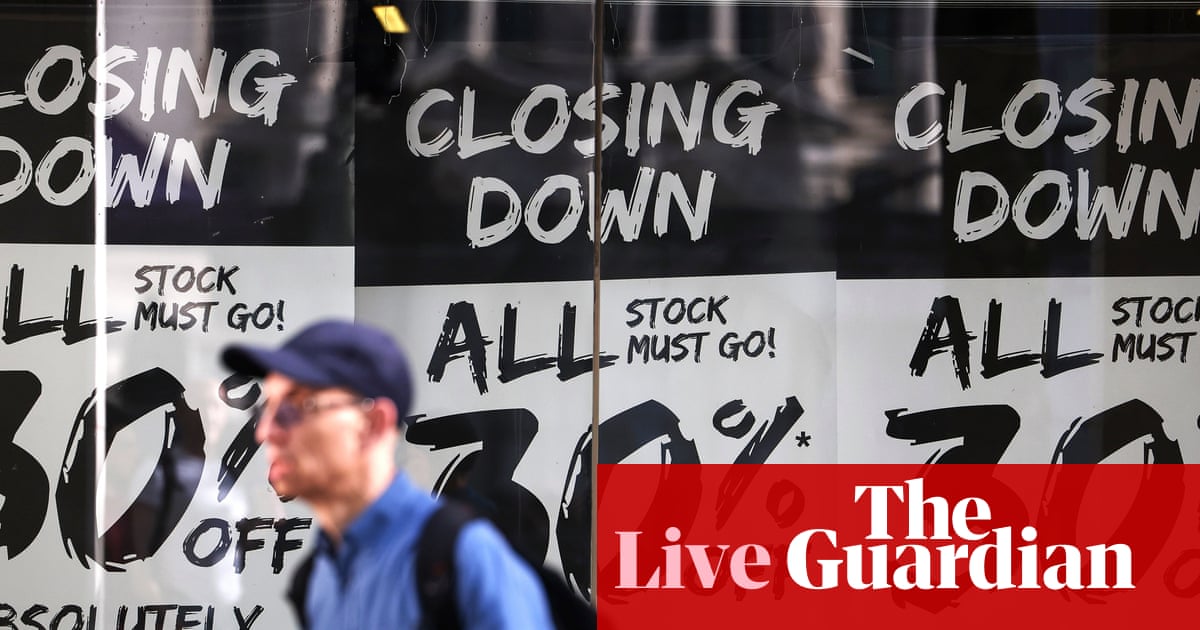T4K3.news
UK borrowing exceeds £20bn in June
Public borrowing has surged to £20.7bn, raising concerns about potential tax increases.

Current economic trends suggest potential tax hikes due to increased public borrowing.
Tax increases likely as UK borrowing exceeds expectations
Public borrowing in the UK soared to £20.7 billion in June, exceeding forecasts by £3.6 billion. While borrowing remains in line with the Office for Budget Responsibility's predictions for this fiscal period, experts warn that Chancellor Rachel Reeves may need to raise taxes by £15 to £25 billion at the upcoming Autumn Budget. Higher interest payments and weaker revenue are contributing to financial pressures that might force the government into tax increases or spending cuts. The rise in borrowing signals a difficult landscape for fiscal planning, especially as inflation raises the cost of public services.
Key Takeaways
"Recent events have shown how hard it is for the government to bring spending down."
Richard Carter speaks on the government's struggle with fiscal discipline amid rising costs.
"Higher than expected borrowing suggests continued budgetary pressures ahead."
Dennis Tatarkov warns of the implications of increased public borrowing on future budgets.
"The current financial landscape could hinder growth potential for the UK economy."
Economic analysts stress that taxes rising could stifle growth efforts.
This increase in borrowing highlights significant challenges for the UK government. Economists are concerned that rising costs and public dissatisfaction with welfare reforms will clash with fiscal sustainability. Richard Carter from Quilter Cheviot reflects this urgency, stating that without spending cuts, tax hikes are inevitable, which could stifle economic growth. With a national debt level nearing its highest since the 1960s, the government faces a tough balancing act between maintaining public services and ensuring financial stability.
Highlights
- The need for fiscal discipline is more pressing than ever.
- Without spending cuts, tax hikes seem unavoidable for the government.
- This borrowing surge puts the Chancellor in a tight spot.
- Public services face a tough challenge with rising costs.
Concerns over fiscal discipline
The rise in public borrowing amidst economic uncertainty could lead to increased taxes or spending cuts, raising concerns among investors and the public about fiscal stability.
The financial implications of these trends will be felt across various sectors as the government contends with its fiscal responsibilities.
Enjoyed this? Let your friends know!
Related News

Government borrowing reaches record high

Mortgage approvals increase as housing market stabilizes

Government borrowing in UK rises significantly

UK borrowing rises unexpectedly putting pressure on Chancellor

New mortgage rules boost UK home buying

Warning issued for iPhone users during heatwave

UK house prices increase in July

Company insolvencies drop in England and Wales
